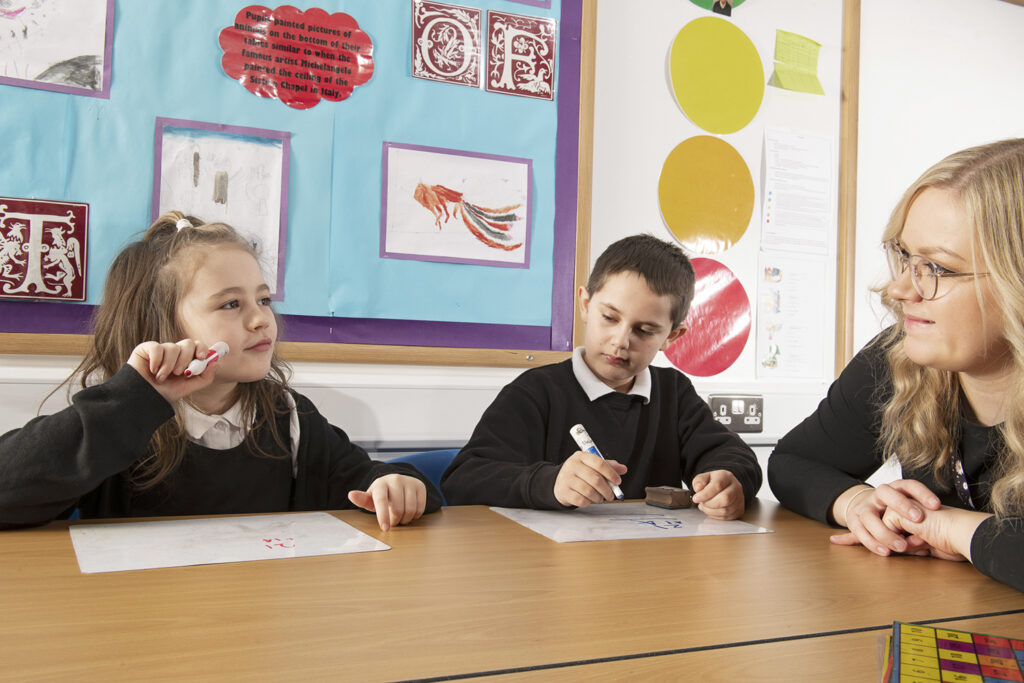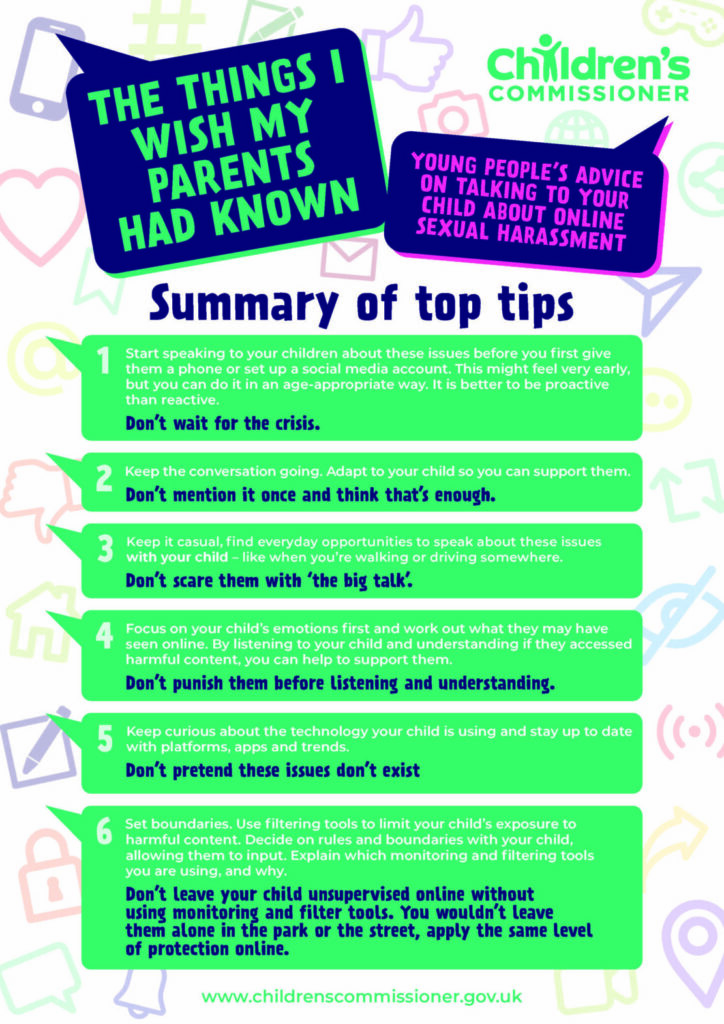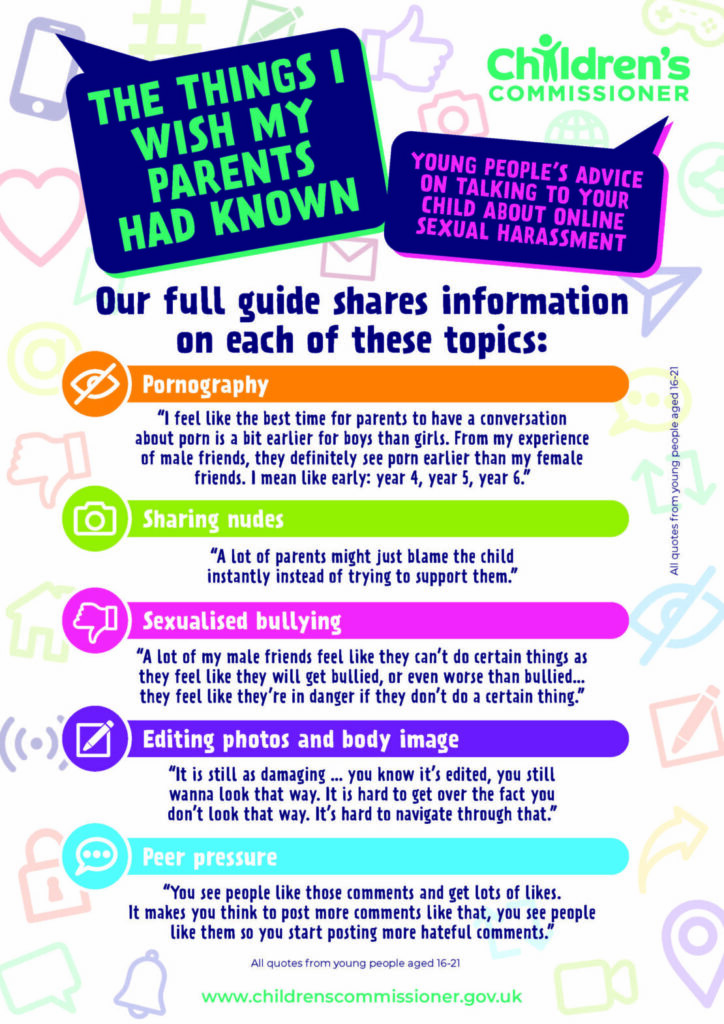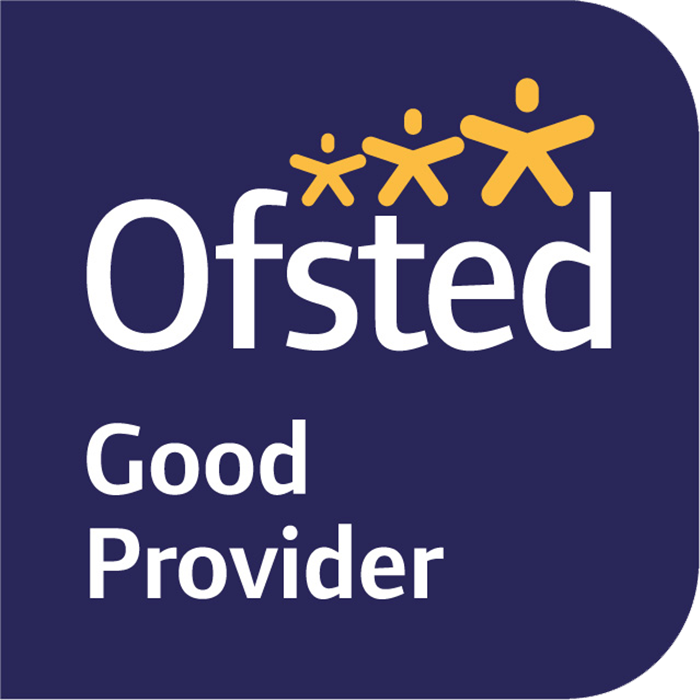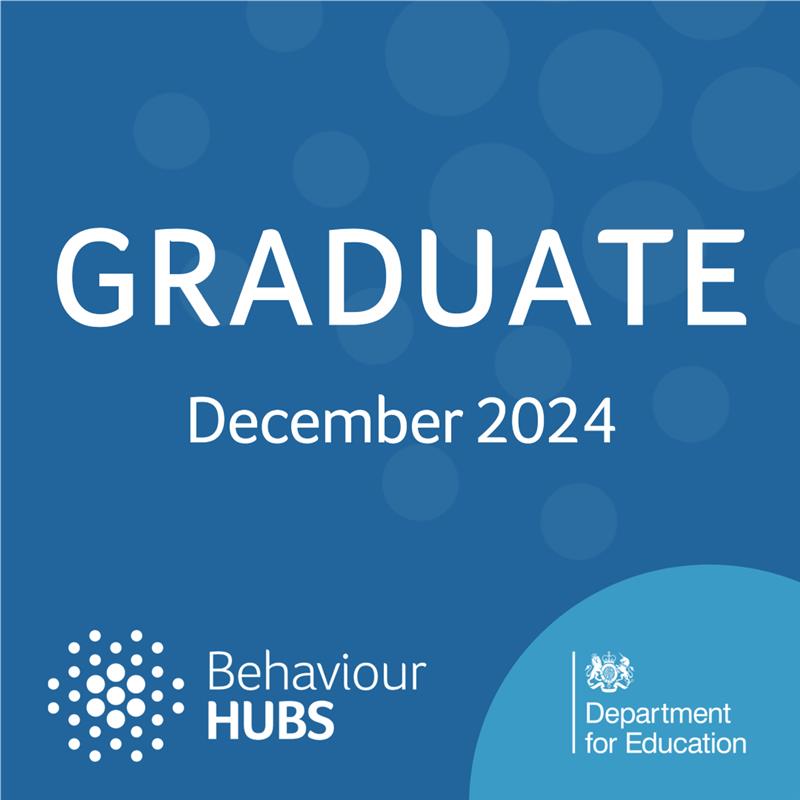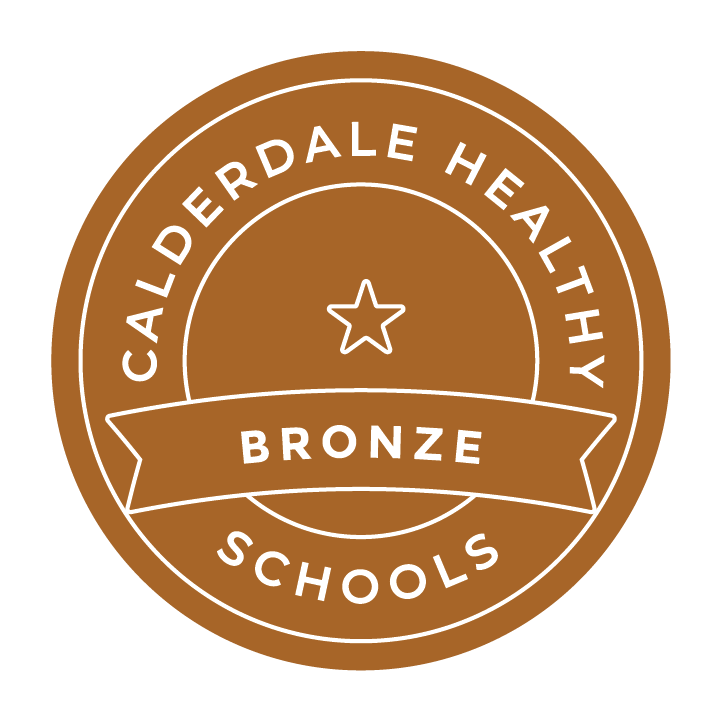Keeping children safe is our highest priority
Parents and families send their children to our school, trusting us to provide a secure environment for their children to grow and develop.
At The Whitley AP Academy, safeguarding is our number one priority and everyone’s responsibility. The information on this page explains some of our key provision and systems. It is not intended to replace or substitute the reading of our Safeguarding Policy.
At The Whitley AP Academy, we believe that as the current Keeping Children Safe in Education (KCSIE) 2023 states (P.6):
2. Safeguarding and promoting the welfare of children is everyone’s responsibility. Everyone who comes into contact with children and their families has a role to play. In order to fulfil this responsibility effectively, all practitioners should make sure their approach is child-centred. This means that they should consider, at all times, what is in the best interests of the child.
3. No single practitioner can have a full picture of a child’s needs and circumstances. If children and families are to receive the right help at the right time, everyone who comes into contact with them has a role to play in identifying concerns, sharing information and taking prompt action.
4. Safeguarding and promoting the welfare of children is defined for the purposes of this guidance as:·
- protecting children from maltreatment;
- preventing impairment of children’s mental and physical health or development;
- ensuring that children grow up in circumstances consistent with the provision of safe and effective care; and
- taking action to enable all children to have the best outcomes.
5. Children includes everyone under the age of 18.”
We believe that therefore:
- Schools play a key role in the prevention of abuse.
- All children have the right to be protected from harm.
- Children need support which matches their individual needs, including those who may have experienced abuse.
School Contacts
Designated Safeguarding Lead (DSL)
Rachel Adams
Deputy Designated Safeguarding Lead (Deputy DSL) Any other staff trained to DSL level.
Catherine Maun
Alex Reid
Phillip Hannah
Rochelle Buonocore
Rochelle Bartley
Designated Children Looked After Lead
Rachel Adams
Wellbeing Lead
Luke Dennis
Prevent Lead
Rachel Adams
Headteacher
Phillip Hannah
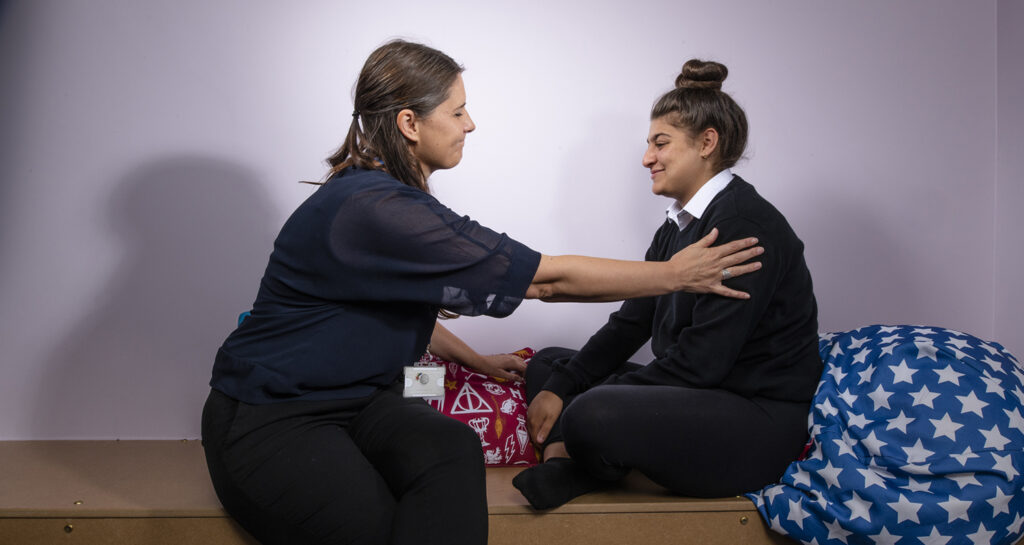
Safeguarding includes child protection, health care plans, health and safety, site security, safety on school trips, anti-bullying work and so much more.
The school adheres to the following three DfE safeguarding documents:
- Working Together to Safeguard Children 2018
- Keeping Children Safe in Education 2023
- The Prevent Duty 2023
All staff receive regular Child Protection and Safeguarding update training and are aware of the procedures for passing on concerns within school. If any members of the school or local community have concerns about the welfare of a child in the school, they should contact a DSL in school.
If you have a concern:
The form below can be used to report safeguarding worries about a pupil. When concerns are reported about a child, they will be received by our Safeguarding Team who will investigate where appropriate.
Should you need to speak to someone urgently, please contact our Safeguarding, & SEMH Lead Catherine Maun on 01422 244181 or Children’s Social Care Multi-Agency Screening Team (MAST) on 01422 393336. If a child is in immediate danger, please do not delay – call the police on 999.
This form can be used anonymously, however – to help us investigate fully, please leave your contact details.
Safeguarding Contact Form
Useful Links
While we take Safeguarding of our pupils very seriously, sometime young people prefer to talk to outside agencies. Here are some websites to support our pupils, parents and carers:
http://gids.nhs.uk/Drugs/Alcohol
Alcohol Addiction Rehabilitation & Treatment
Making sure your home doesn’t have an open door to child sexual abusers
